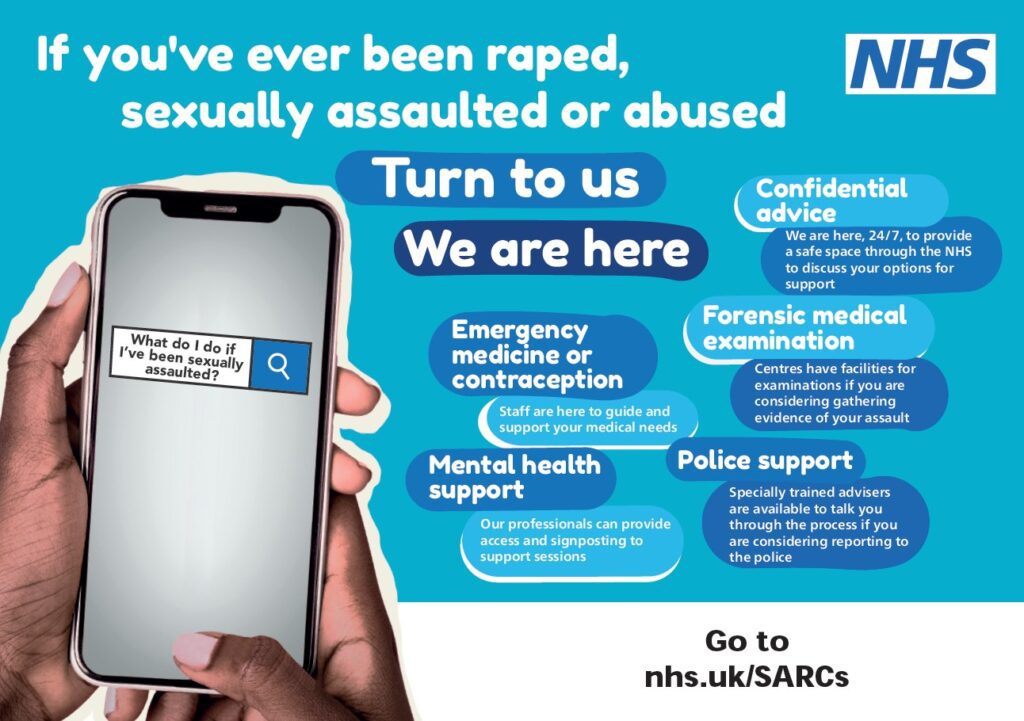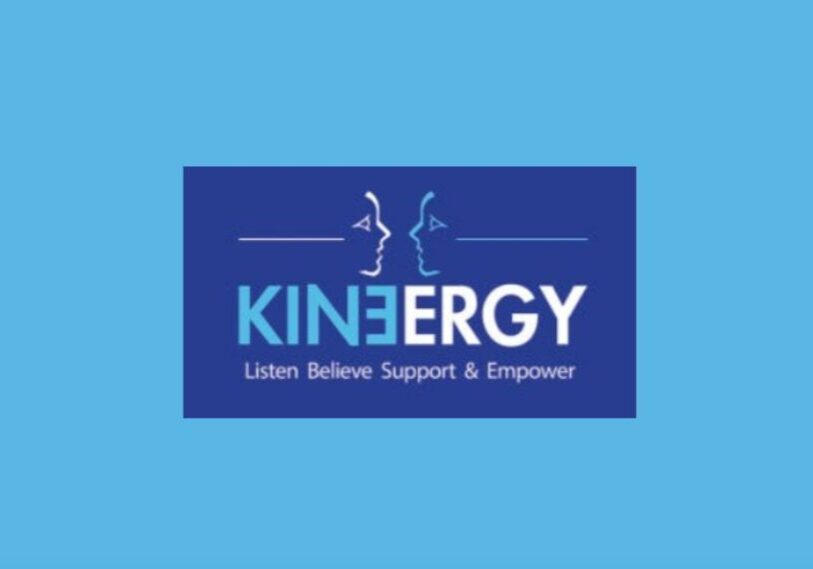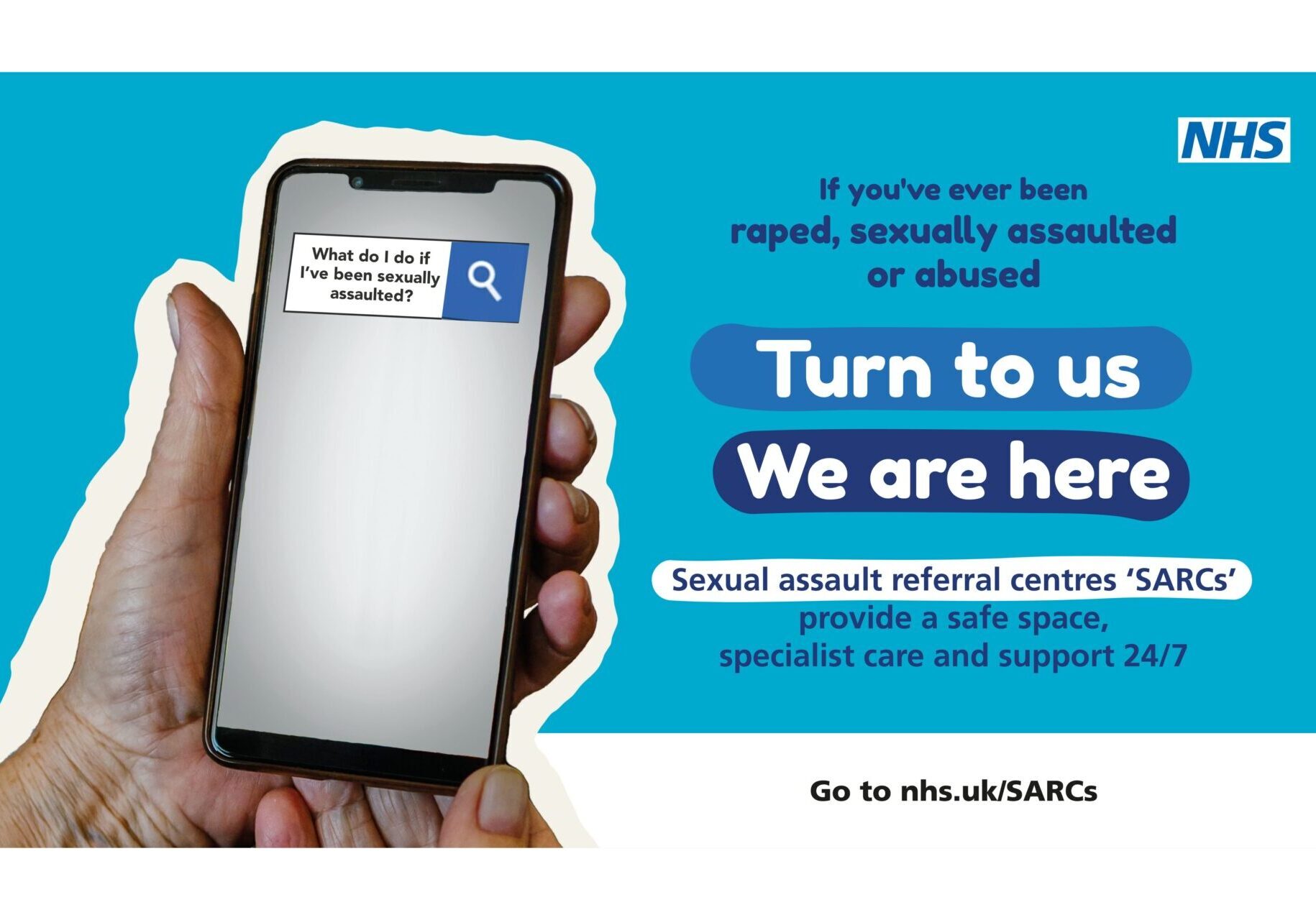
What is a sexual assault referral centre (SARC)?
A SARC can offer free, confidential medical, practical and emotional support to people who have been raped, sexually abused or assaulted at any point in their lives. They're usually provided by the NHS, but will always have specially trained doctors, nurses and support workers.
“At the Bridge, we see first-hand the courage it takes for survivors of sexual assault to seek help. Our team provides expert, trauma-informed care, including medical and forensic services, alongside a safe and compassionate space where survivors can begin their recovery, whether or not they choose to involve the police.”
– Nicola Shannon, Service Manager at The Bridge SARC (Bristol)
Support for survivors of sexual violence
Anyone can access a SARC, regardless of age or gender. Their services include crisis care, emotional and psychological support, practical help, and medical and forensic examinations.
SARCs can also arrange access to an Independent Sexual Violence Advisor (ISVA) and refer you to mental health services, as well as emotional and psychological support such as counselling.
SARCs are available 24/7 across England. You can find your local centre here – Find a rape and sexual assault referral centre – NHS
This short animation explains the role of SARCs in supporting victims and survivors of sexual assault and abuse.
Dr Grace Carter, Assistant Professor in Abuse, Trauma and Health at Coventry University’s Centre for Healthcare and Communities, said:
“SARCs are specialised support hubs for anyone who has experienced sexual violence. In addition to the vital services they provide, they connect survivors with follow-on care for mental and sexual well-being, as well as support in accessing the justice system.”1.
Offering survivors choice
You will be offered the choice of how to proceed once you are at a SARC, and a crisis worker will be with you at all times if you decide to have a forensic medical examination (FME). Another option provided by a SARC is an ‘anonymous report’, where information will be logged by the police without any of your identifying information.
If you decide to report an assault to the police, a SARC can offer medical care, a forensic medical examination and/or arrange for you to speak to a specially trained police officer. This will only happen if you want it to, there is no obligation to attend an examination or speak to the police if you do not want to.
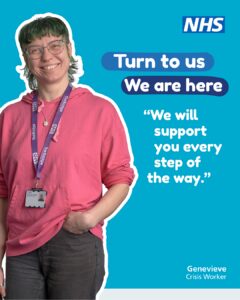
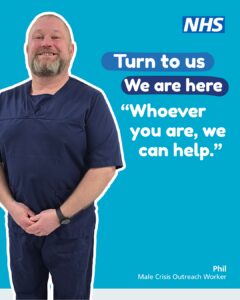
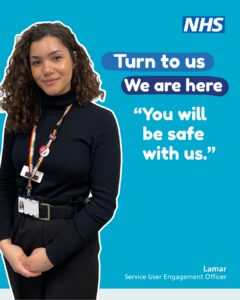
Do I have to report to access a SARC?
No! You can access all the services offered by a SARC without attending a medical examination, and you do not need to report your assault to the police if you do not want to. You can also complete a forensic medical examination without reporting the assault to the police. If you are not sure whether you would like to report to the police, you can complete a medical examination and the SARC can store any forensic evidence for you. So you can decide later what you want to do.
That being said, the sooner a forensic medical examination takes place following an assault, the greater the chance of collecting evidence. However, if the assault occurred more than 7 days ago it is still worth asking a SARC for advice and an examination, if you wish to have one.
SARC’s also offer sexual health advice from a trained specialist and emergency contraception.
The use of self-swab kits is not recommended as way of gathering or preserving evidence after sexual assault. Read the joint advice on getting help after rape and sexual assault and the use of self-swab kits on NHS England.
The Bridge: our local SARC
If you live in Avon & Somerset, the nearest SARC centre is The Bridge. You can contact The Bridge 24/7, 365 days a year on 0117 342 6999.
The Bridge provide a Self Help Booklet, which can be listened to as an audio file or downloaded as a PDF – Self help after rape and sexual assault – The Bridge.
This short film ‘Here, no matter what’ introduces the important work they do, including what to expect from a self-referral Forensic Medical Examination (FME).
What is it like to use a SARC?
Here’s what people across the UK are saying about their experiences with SARCs:
“The staff were really reassuring and made sure I felt safe and comfortable at all times. I felt really nervous coming in and they constantly checked that I was okay and that my needs were being met. Really grateful for their help and support.” – Sexual Assault Referral Centre (SARC) Client
“Warm, kind and caring staff that are genuinely there to help and support. I don’t know what I would’ve done without them, amazing.” – Anonymous, 2022, The Bridge Bristol.
“This is an absolutely incredible place with amazing staff who go above and beyond. Every step of the way they support and care for you in an extremely sensitive and understanding manner, often with difficult circumstances. I couldn’t have asked for any more, an absolute credit to Manchester. Thank you.” – Anonymous, 2019, Saint Mary’s Sexual Assault Referral Centre Manchester.
“Fantastic service, outstanding care from the staff.” – Anonymous, 2020, Horizon Centre Birmingham.
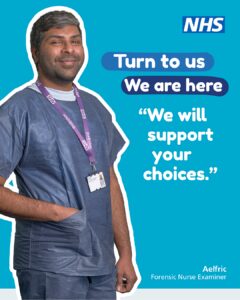
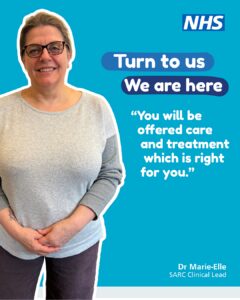
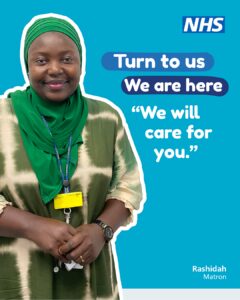
A note on DNA evidence
DNA is a genetic code that is unique to every person and can be found in hair or in bodily fluids like saliva, blood and semen.
DNA evidence can be helpful. If the suspect is unknown and the police are seeking their identity they may be able to identify the perpetrator if their DNA is already within police records or if they come to the attention of the police later down the line for another crime.
There is a common misconception that DNA evidence is necessary for a conviction in UK courts, but in reality DNA evidence often plays a small role, if at all, in many sexual offences investigations.
If you would like more information regarding DNA and the role it plays, click here: DNA Evidence – Questions & Answers – Survivors Network
This blog is written by Toby Howells, a volunteer communications officer with SARSAS. Toby graduated from the University of York’s Law School in 2020, studying public and criminal law and now works for Bristol City Council.
The latest from our news and blogs
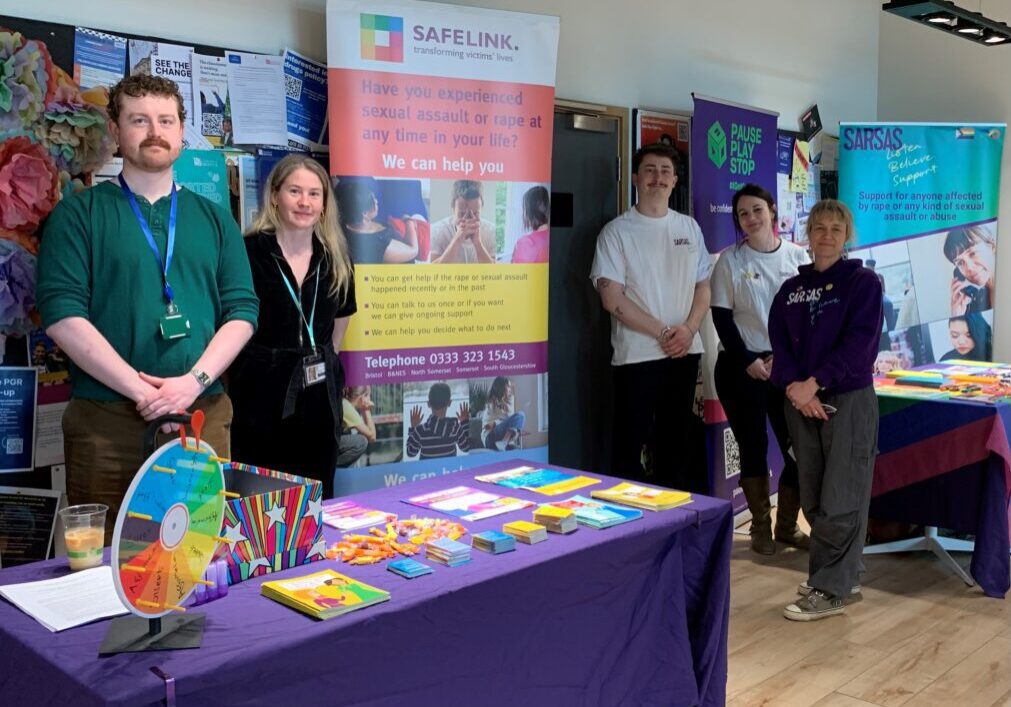
We’re Here: a campaign for survivors of sexual assault in Bristol
Over the past few weeks, we’ve been proud to be part of something really special. The “We’re Here” campaign launched across Bristol to let survivors of sexual assault know: you’re not alone, and there is support.

